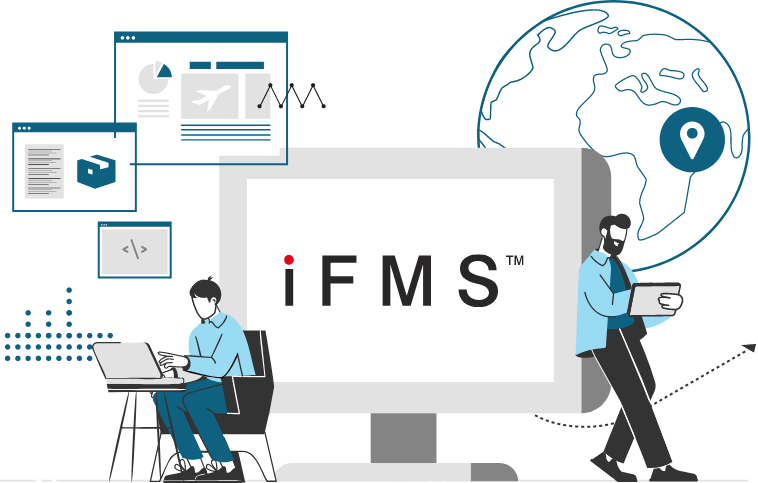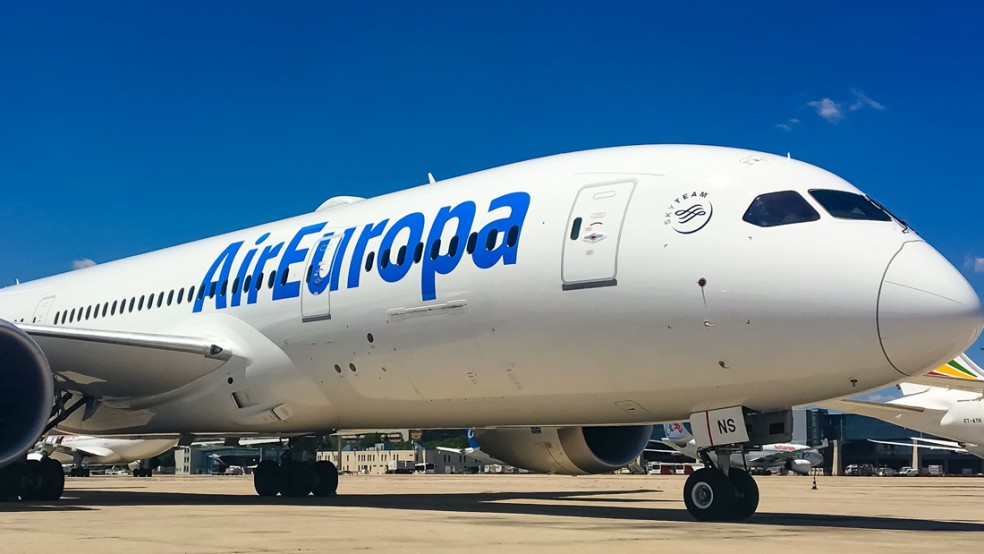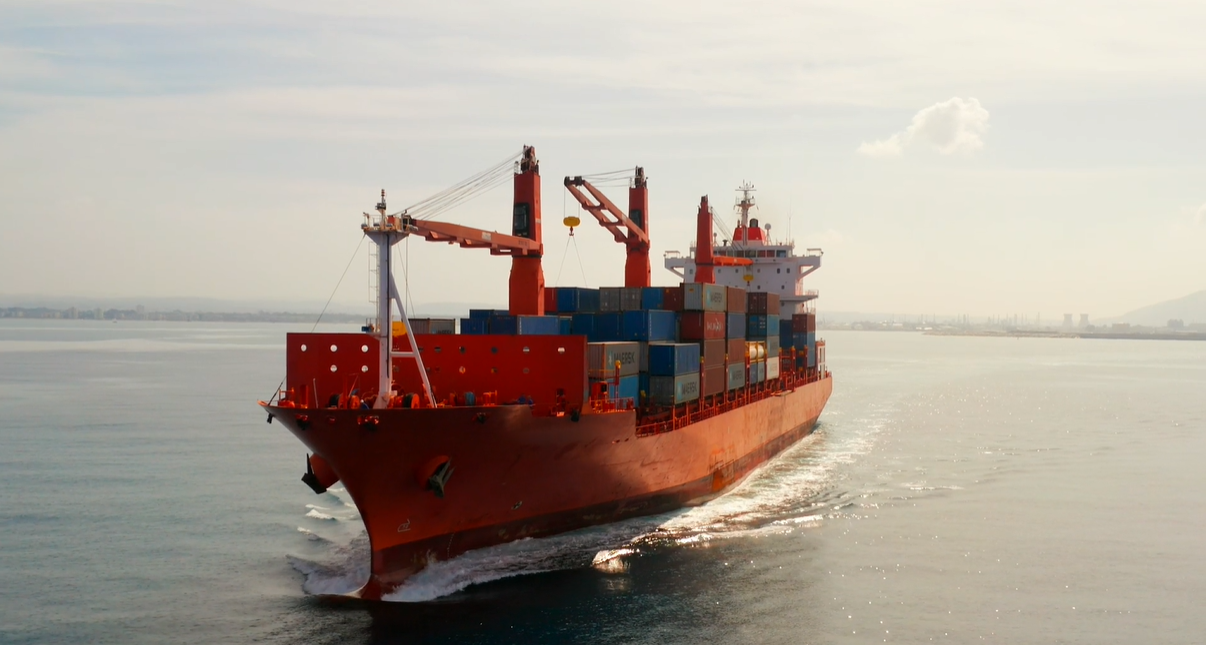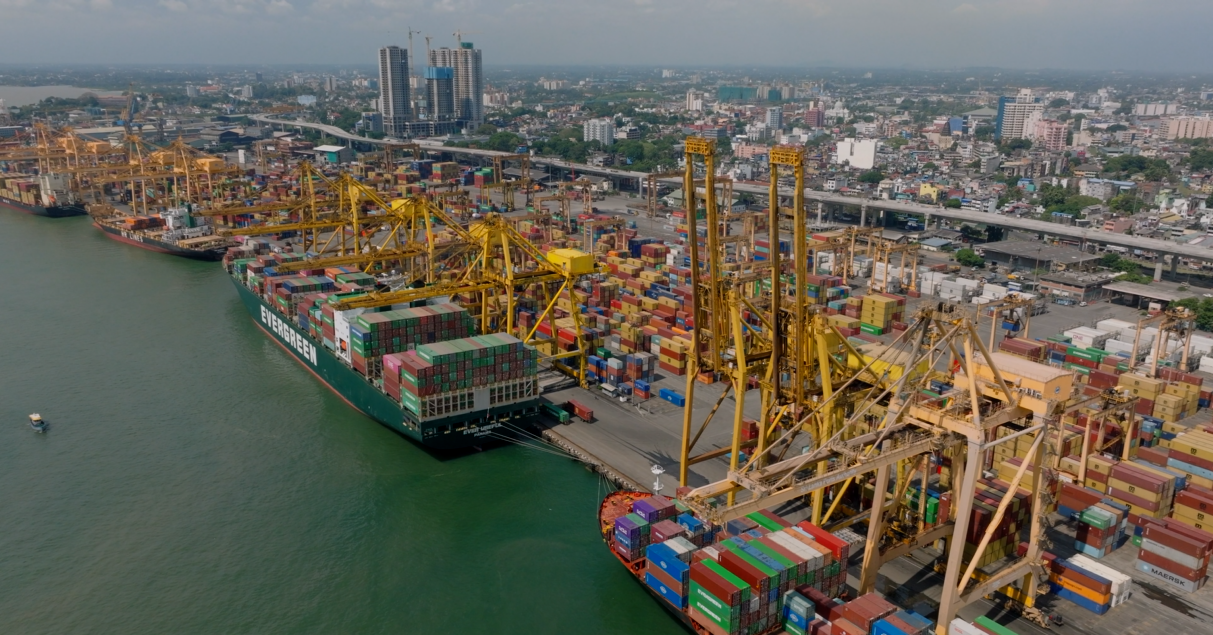FREIGHT FORWARDING
Baltimore Key Bridge Collapse Prompts Costly Logistics Reshuffle
After the Baltimore Bridge collapse, car carriers are adjusting their operations by relocating to alternative ports. This decision stems from multiple container lines imposing additional transportation costs on their clientele.
April 13th, 2024
|
3 Minute Read
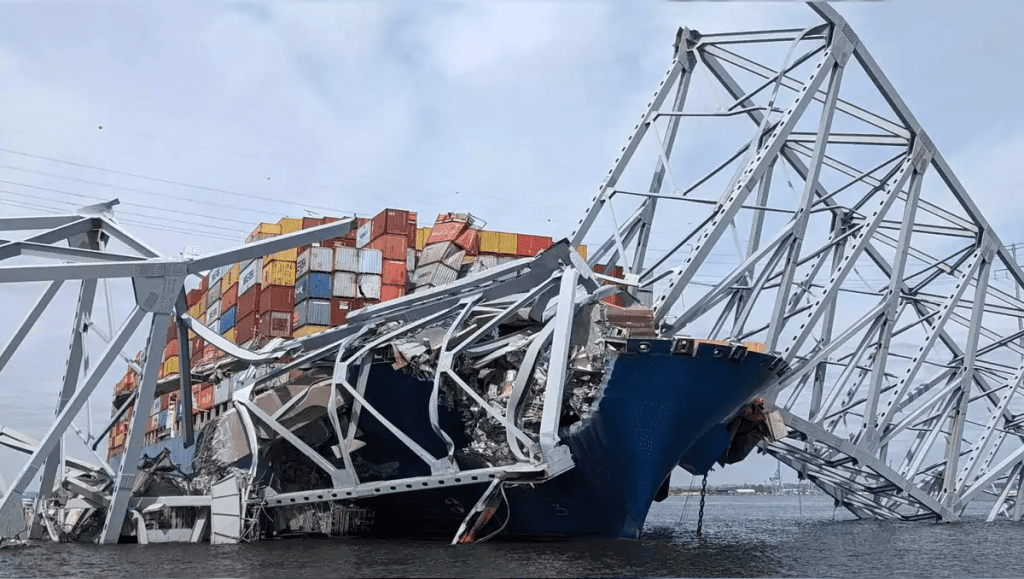
The Economic Times (Image Source)
Key Takeaways
- 1. The collapse of the Francis Scott Key Bridge has resulted in significant disruptions to shipping and logistics operations. This has impacted various industries and supply chains.
- 2. The closure of the Port of Baltimore since the incident has led to billions of dollars in losses. This affects automotive companies, logistics providers, truckers, and railroads.
- 3. Automotive companies relying on the Port of Baltimore are facing disrupted schedules. They are also dealing with increased transportation costs and challenges in finding alternative routes.
Impact on Car Carriers and Automotive Industry
The collapse of the Francis Scott Key Bridge has profoundly impacted car carriers and the automotive industry. Disruptions in schedules, increased transportation costs, and logistical challenges are evident. Major automotive companies dependent on the Port of Baltimore are experiencing substantial losses and logistical hurdles.
For instance, Norway’s Wallenius Wilhelmsen is grappling with significant earnings losses due to a carrier being stuck at the port. Similarly, Japanese manufacturer Kubota is rerouting shipments to the Port of Virginia, incurring substantial additional trucking costs. These challenges highlight the vulnerability of the automotive supply chain to unforeseen events and underscore the importance of robust contingency plans.
Response of Logistics Providers and Shipping Lines
In response to the closure of the Port of Baltimore, logistics providers and shipping lines are adapting to the logistical challenges. Major container shipping lines, such as CMA CGM, Cosco Shipping, and Evergreen Marine, have declared force majeure. This indicates their refusal to cover the added costs of transporting goods to and from alternate ports.
This situation emphasizes the importance of contractual clarity and risk mitigation strategies in navigating disruptions in the global supply chain. Additionally, the willingness of alternative ports, such as those from New York-New Jersey to Savannah, GA, to accommodate diverted cargo showcases the resilience of the maritime infrastructure in times of adversity.
Challenges Faced by Truckers and Railroads
The costly aftermath of the Baltimore key bridge collapse has presented significant challenges for truckers and railroads operating in and around the Port of Baltimore. With the closure of the bridge leading to longer routes and increased fuel expenses due to traffic diversions, truckers are struggling with a substantial financial burden.
Moreover, railroads are facing logistical hurdles in rerouting cargo and adjusting schedules to accommodate the disruptions. These challenges underscore the interconnectedness of different modes of transportation in the logistics ecosystem. They also highlight the need for collaborative efforts to mitigate the impact of unforeseen events on the movement of goods.
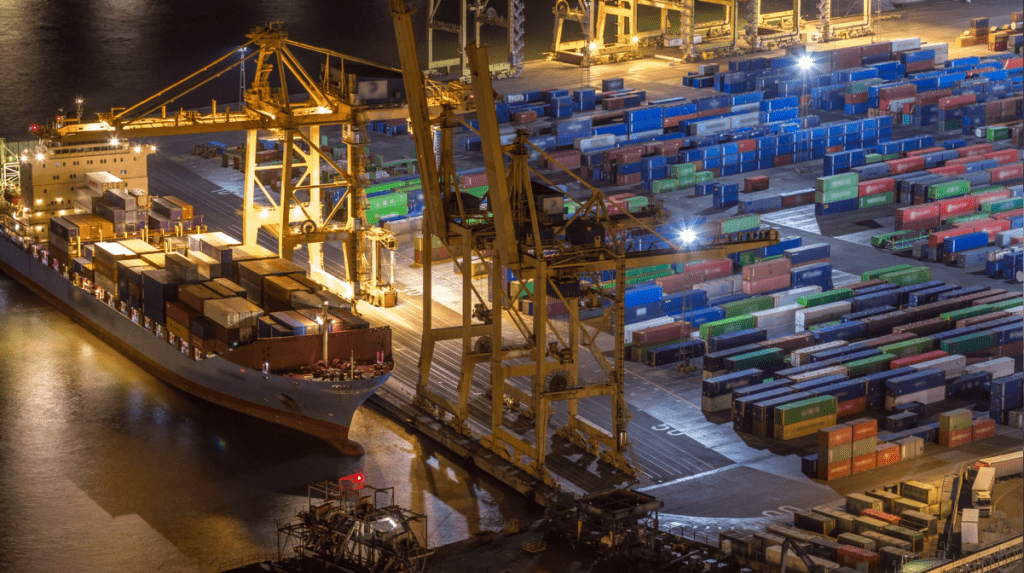
Long-Term Implications for the Logistics Industry
The collapse of the Baltimore Key Bridge and the subsequent closure of the Port of Baltimore have profound implications for the logistics industry. Beyond the immediate disruptions and financial losses, the incident highlights the vulnerability of critical infrastructure to natural disasters and accidents.
It underscores the need for robust risk management strategies, investment in infrastructure resilience, and contingency planning to mitigate the impact of such events on global supply chains. Additionally, the aftermath of the bridge collapse serves as a wake-up call for stakeholders across the logistics ecosystem. It is crucial to reassess dependencies and vulnerabilities and work towards building a more resilient and adaptive supply chain infrastructure.
Conclusion
The collapse of the Francis Scott Key Bridge in Baltimore and the subsequent closure of the Port of Baltimore have underscored the importance of resilience and adaptability in the logistics industry. As stakeholders grapple with the aftermath of the incident, it becomes imperative to prioritize resilience, invest in infrastructure, and enhance risk management strategies to mitigate the impact of future events.
By learning from this experience and implementing measures to strengthen infrastructure and mitigate risks, the industry can better prepare for and respond to future disruptions.

SUBSCRIBE TO OUR NEWSLETTER!
Read Next
-
Industry Trends: Q2 Insights for LTL Carriers
Less-than-truckload (LTL) carriers are handling more retail freight due to…
-
Air Europa Cargo Partners with Cargo.one for Enhanced Digital Booking
Air Europa Cargo and cargo.one have launched a global partnership…
-
The Role of Electric Vehicles in Modern Logistics
Electric vehicles (EVs) are revolutionizing the logistics industry. Professionals in…
-
Are You Making These Common Freight Forwarding Mistakes?
In the fast-paced world of freight forwarding, efficiency and accuracy…
-
Supreme Court Empowers Carriers: New Regulatory Realities
On June 28, 2024, the U.S. Supreme Court delivered a…
-
Maritime Shipping Still Struggles: Ocean Rates Soar
Ocean spot rates for shipping forty-foot equivalent containers from China…
-
A Comprehensive Guide to Freight Accounting
Effective freight management is crucial for ensuring that businesses can…
-
Rising Container Shipping Rates: US Demand & Red Sea Issues
The global shipping industry is grappling with soaring container rates…
JOIN OUR MAIL LIST FOR EXCLUSIVE ACCESS TO
LATEST NEWS, TIPS, AND RESOURCES
Your privacy matters! Suntek only uses this info to send content and updates. You may unsubscribe anytime. View our privacy policy for more.


